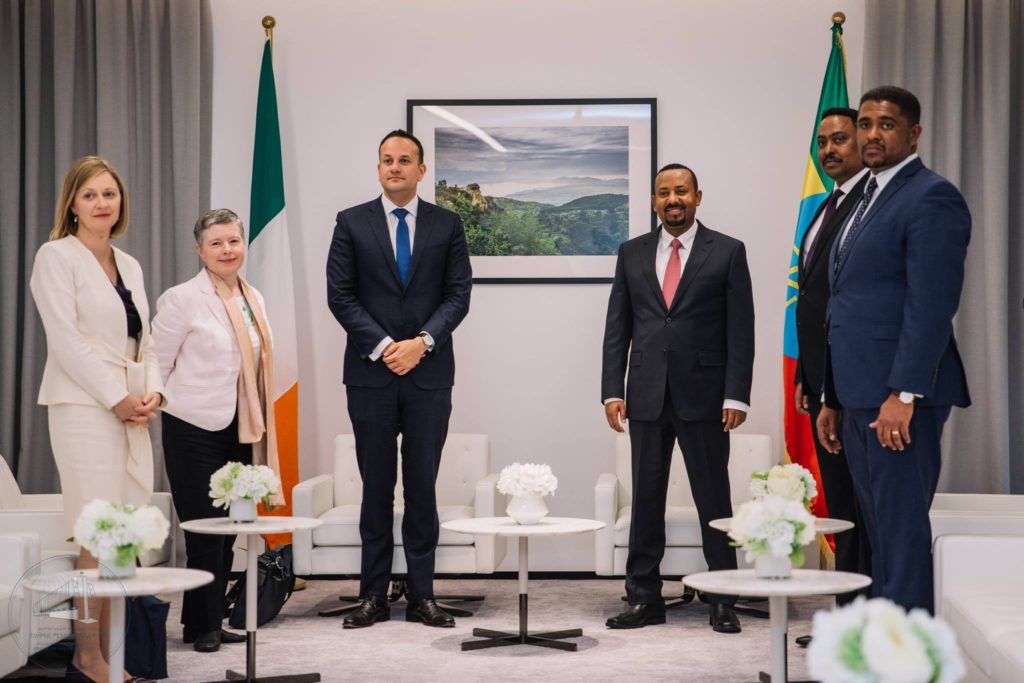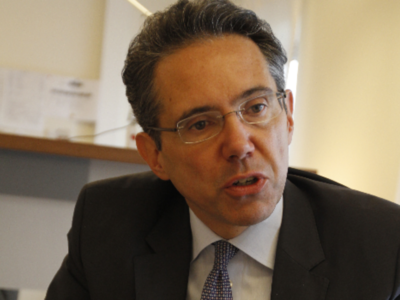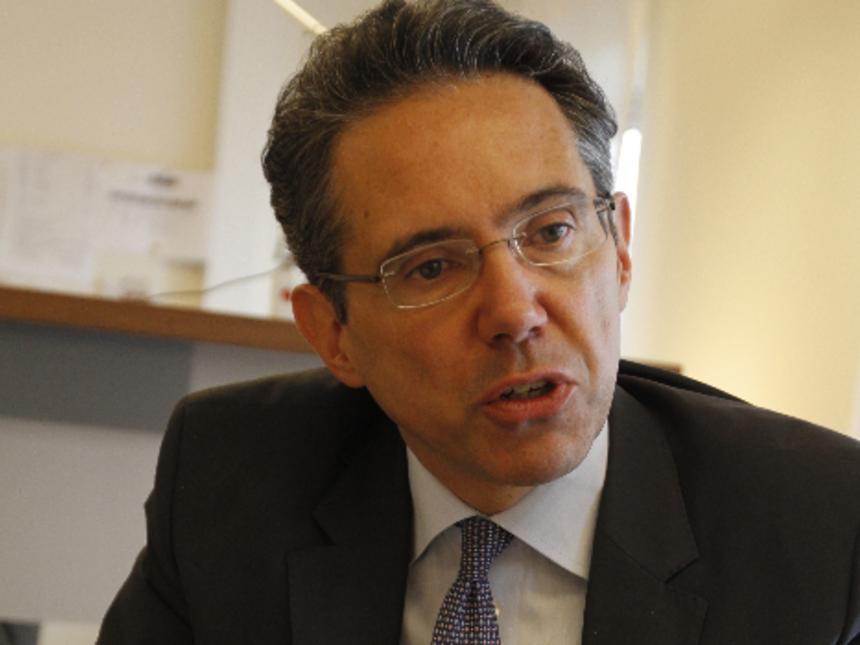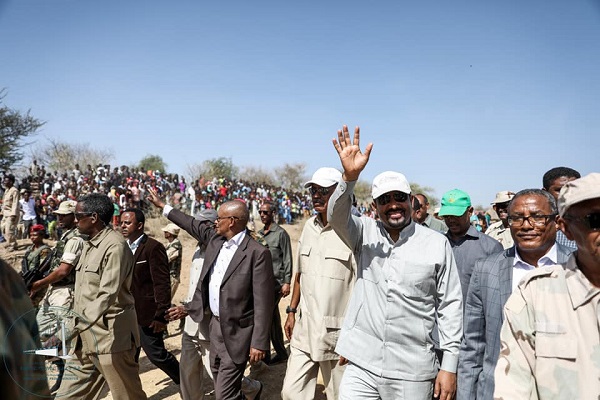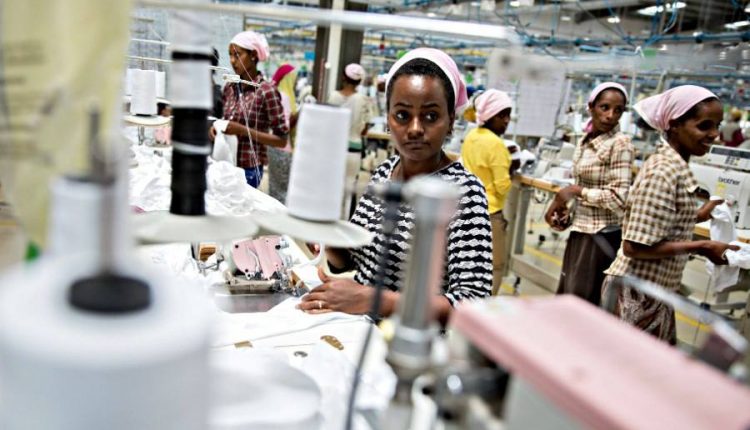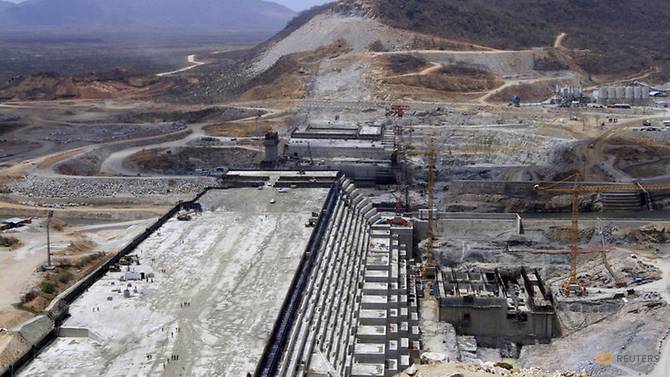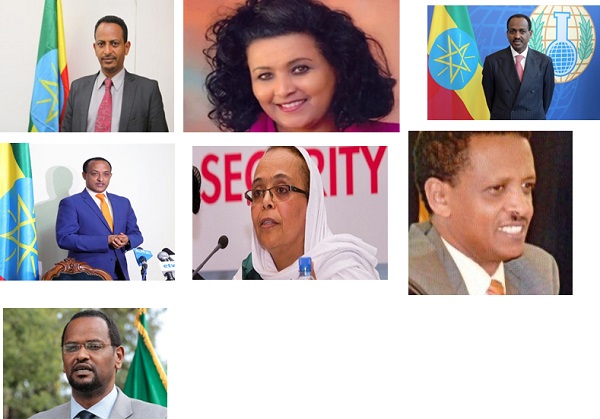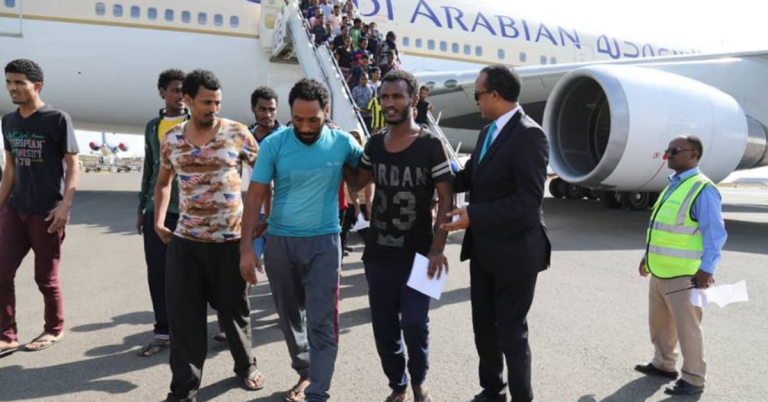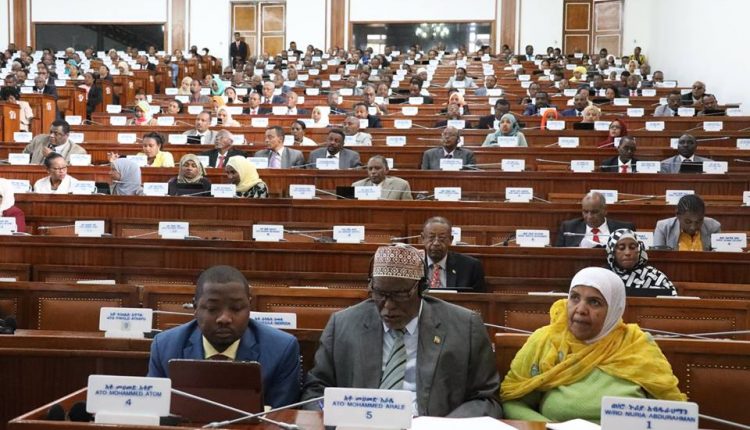
Ethiopia has reduced the rate of maternal mortality by more than 70%, according to a statement by the Ministry of Health of Ethiopia.
The health officials cited the 1990 World Health Organization (WHO) report where the mortality rate for mothers was 1,250 in every 100,000 but now stands at 353 in every 100,000. A drop of about 70%.
In a research published in the Lancet covering the period from 1990 to 2013, it was reported the most causes of maternal deaths are complication arising from unsafe abortions (15%), obstructed labor (6%), hypertensive disorders during pregnancy (10%), postpartum bleeding (15%) and postpartum infections (8%).
Despite the decline reported in Ethiopia, 50% of the deaths are still caused by hypertension during pregnancy, obstructed labor, hemorrhage, sepsis, and anemia. In neonatal mortality, the causes are genetic abnormalities, prematurity, asphyxia, and sepsis.
“In this perspective, the health ministry has been working with stakeholders towards an enhanced integrated effort and focusing on identified problems as well as increasing accessibility to quality health services across the country,” she said.
Since 2008, the country has witnessed substantial progress in the accessibility of Emergency Obstetric and Newborn Care (EmONC) amenities per 500,000 people, which meets UN’s recommendations.
In 2008, Ethiopia had only 11% of these facilities countrywide. This number increased to 40% percent in 2016. However, despite the progress made, a considerable gap still exists to reach the recommended 100%, according to the health ministry.
While identifying the issues affecting maternal health, the government is determined to address the needs of women, especially pregnant women while making sure every pregnancy is successful. At the same time, every family planning is monitored by health practitioners.
Liya said her ministry was keen on increasing the number of extension workers, midwives, and other healthcare givers to help narrow the ratio between those delivering at the hospitals and those seeking alternative options.
The ministry of health has launched a month-long campaign that will run in all the country’s health facilities. The drive targets the provision of quality health care services to all Ethiopians across the country.
To make it successful, the ministry has distributed ambulances to different health centers. But the minister pointed out the public must change its attitude towards blood donation to help limit deaths caused by over bleeding during childbirth.

